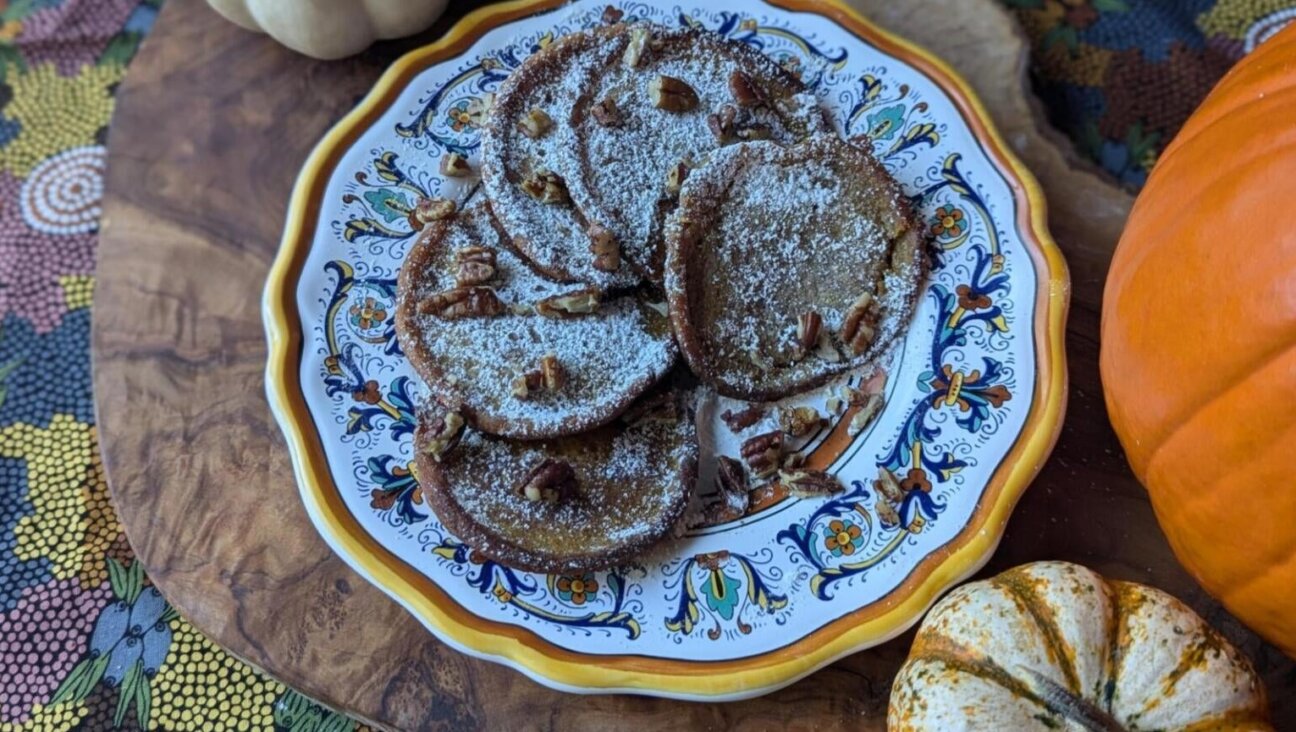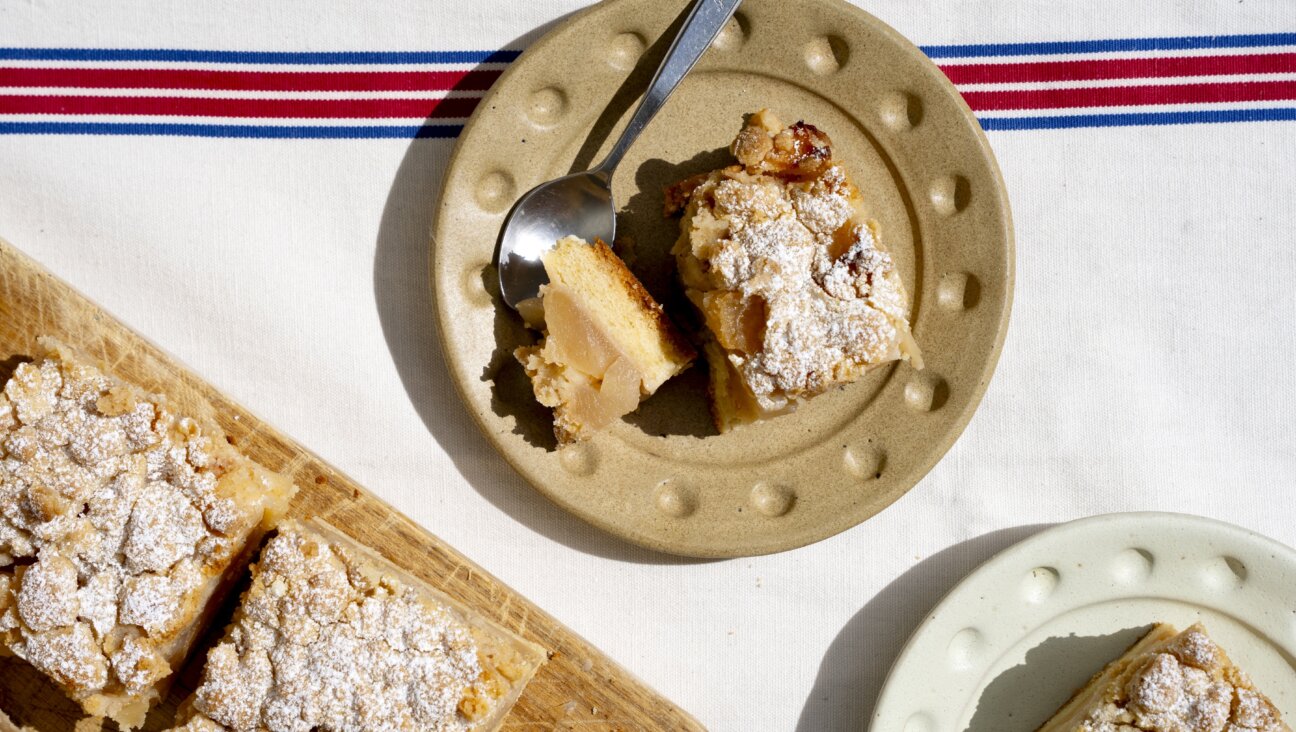King Solomon and the Olive Trees

Image by Miriam Kresh
It’s Hanukkah, and we’ve been hearing a lot about olive oil. But consider the olive tree; its noble wood and generous shade; its gnarled beauty; its fruit, and the pungent oil pressed out of that fruit.
A trip to the Galilee brought me to Druze villages where residents traditionally make their living from the olive harvest. My guide was Nivin, a young Druze woman. We drove past modern olive groves planted against green hills. She indicated where to stop, at the edge of another olive orchard. This one’s trees are 2000 years old.
They thrive on winter rains alone, and for this reason, the ancient farmers spaced them well apart, making room for each one to receive sunshine and moisture without competition. It was a cool, blue afternoon, and we walked between the great, silent trees with a certain awe. They had been set down into that soil as flexible saplings when Solomon’s Temple still stood.
The trees continued to grow slowly throughout the centuries, making new wood that curved outward, so that each tree’s heart was exposed, or curved back towards the mother tree so that a wooden hollow was formed that’s big enough for an adult to stand in. And those ancient trees are still producing fruit. Their branches were so heavy with sun-warmed, blue-black olives that they bowed almost to the ground.
As we walked through the orchard, Nivin told me a Druze folk tale, about the olive and King Solomon. King Solomon had the supernatural power of understanding all living creatures’ languages. He would leave his palace to walk through fields and forests, conversing with beasts and plants, gathering and distilling their wisdom. For this, all natural beings loved him. When the great king died, nature went into mourning. The trees deliberately shed their foliage, so that their bare branches rattled sadly in the winter gusts. But not every tree did this. To the disgust of the others, the olive stood in its full glory of green and silver leaves.
“Why aren’t you mourning the passing of Solomon?” the trees asked the olive. “Don’t you care? Look at us. The mulberry, the almond, the oak — all our greenery has fallen to the ground. Everyone can see how sad we are. Yet you are indifferent. You haven’t shed one leaf. Where’s your heart?”
The wind blew through the olive’s branches, and the beautiful pointed leaves turned this way and that, like a woman tossing her hair. “You display your grief in front of all the world,” said the olive. “But you know very well that come spring, new leaves and flowers will adorn your branches and it will be as if nothing had happened. But I too loved Solomon. My fruit gives the pure oil illuminating the Temple he built in Jerusalem. Now that he’s gone, I cherish my grief deep inside myself. I’ll keep my leaves; I don’t need to make a show of mourning. I will age and always mourn, yet my heart will stay sound. And my body will produce harvest after harvest of olives, down through time forever, to honor the memory of Solomon.”
Hanukkah is winding down, and maybe you’re tired of fried foods by now. But you can celebrate the last night of the holiday with olive oil all the same — and with cheese, another traditional Hanukkah food. The following recipe can’t be simpler to make, and although it savors of Israel’s Mediterranean terroir, the ingredients are available year around wherever you live.
Feta Cheese Moistened With Spiced Olive Oil 200 grams – 1 cup feta, cut into large chunks
1/2 cup extra-virgin olive oil
2 tablespoons dried or fresh thyme, rosemary, basil – any one or a mix
1 teaspoon sesame seeds
1 tablespoon fresh mint (or 1 teaspoon dried)
Pinch black pepper
Optional: a pinch of cayenne flakes.
Place cheese in a bowl and pour oil over. Add remaining ingredients and mix gently. Leave at room temperature, covered, for an hour, before serving.
Cook’s notes: This serves 2 an appetizer if served alone; 4 if accompanied by another appetizer. Serve green and black olives next to this cheese, and triangles of warm pita bread.
Substitute any hard, salty white cheese. If there’s any oil left over, add it to your next vinaigrette.
















